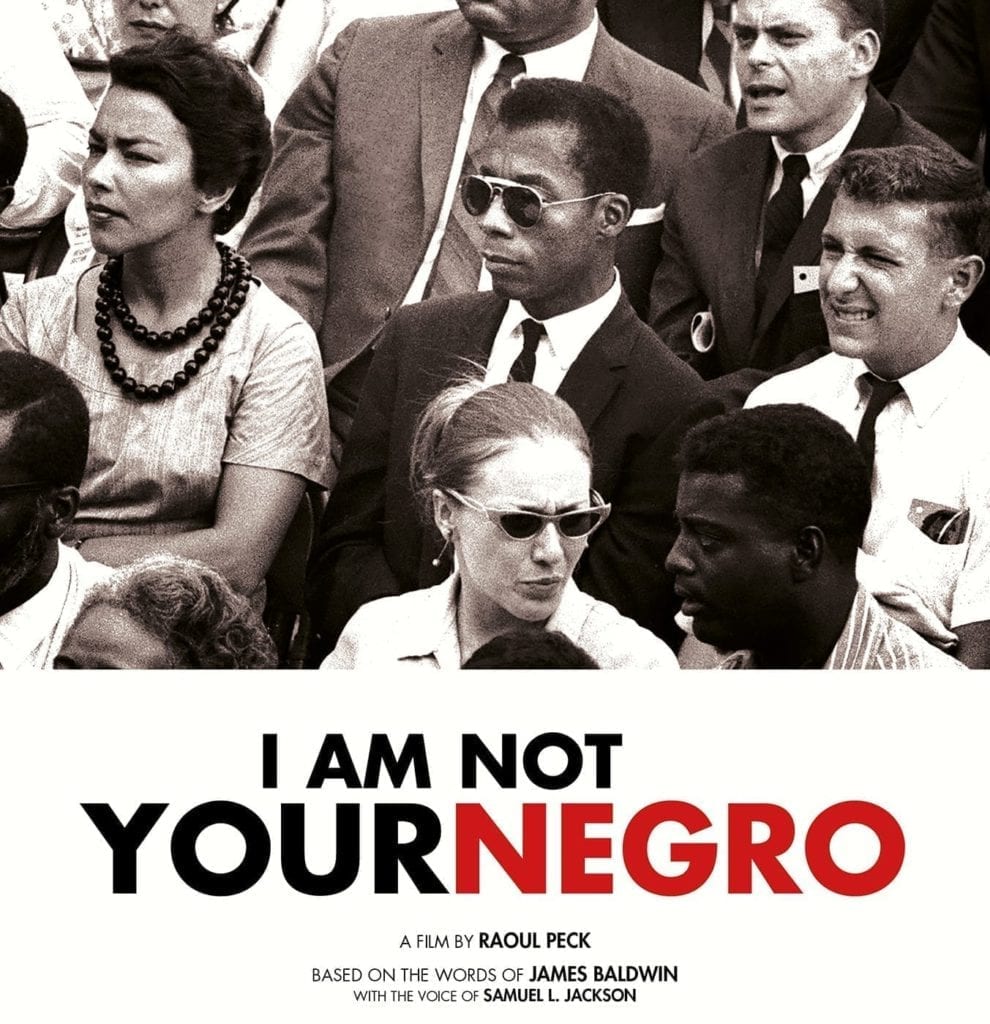Raoul Peck’s complex body of work includes feature narrative films like The Man by the Shore, Lumumba, Sometimes in April, Moloch Tropical and Murder in Pacot. His documentaries include Lumumba: Death of a Prophet, Desounen and Fatal Assistance. Raoul has served as jury member at the 2012 Cannes Film Festival and at the Berlinale. Here, he talks about his latest offering, I Am Not Your Negro, an Oscar-nominated documentary about writer/social critic James Baldwin.
KW: What interested you in James Baldwin? RP: I started to read James Baldwin very early on in my life. At a time, as a young adult in the Sixties, when there were not that many authors in whom I could recognize myself, he was an important guide and mentor to me as he was to many others. He helped me understand who I was and decipher the world around me. He gave me the words to defend myself and the argumentative rhetoric to master discussions with others.
KW: Do you think his being gay affected his potential to be a leader in addition to a writer and philosopher? RP: Not at all. To the contrary, his very early questioning about his identity as a young preacher was key in his quest for answers, answers that he expected, at first, to find in the church, where he was a pastor at age 14 and then left when he realized that it was creating even more contradictions for which he could not find any justification or comfort in his struggling to understand the world around him and to protect himself from injustice, isolation and violence. All these were key elements in his long journey. His gayness might have, for sure, caused some members of the civil rights movement to shun him at times. And part of the more progressive leadership did attack him. Some, like Amiri Baraka, later regretted these attacks and ultimately came to revere him. Although I am not sure anybody could address any homophobic remarks directly to him without fearing an extreme response…
KW: How would you describe Baldwin to Millennials and others substantially unaware of him? RP: James Baldwin is one of the greatest, North American writers of the second half of the Twentieth Century. A prolific writer and a brilliant social critic, he foreshadowed the destructive trends happening now in the whole Western world and beyond, while always maintaining a sense of humanistic hope and dignity. He explored palpable, yet unspoken, intricacies of racial, sexual, and class distinctions in Western societies and the inevitable, if unnameable, tensions with personal identity, assumptions, uncertainties, yearning, and questing. He had an unrivaled understanding of politics and history and, above all, the human condition. His prose is laser sharp. His onslaught is massive and leaves no room for response. Every sentence is an immediate cocked grenade. You pick it up, then realize that it is too late. It just blows up in your face. And yet he still managed to stay human, tender, accessible. There will hardly be anything as precise, as just, as subtle or as percussive, then the writing of this man.”



